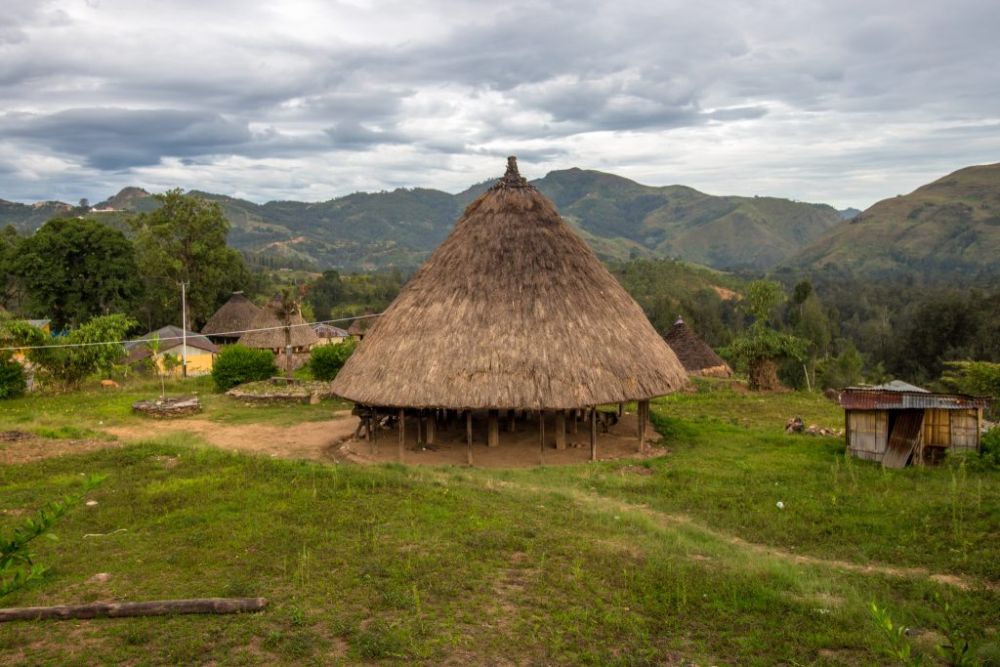

Located in the mountainous terrain of the Ainaro municipality in Timor-Leste, the Maubisse Cultural Center is a beacon of local heritage and history in the small town of Maubisse. Tourism in Timor-Leste is relatively young, especially when compared to its Southeast Asian neighbors. It began to emerge following the country's independence in 2002 after years of conflict and occupation.
The history of tourism in Maubisse is deeply connected to its picturesque landscapes, cooler climate, and rich cultural tapestry. Initially, the area was primarily visited by adventurous travelers and international peacekeepers looking to escape the heat of Dili, the capital city. As Timor-Leste began to stabilize politically and economically, more focus was placed on developing tourism as a means of sustainable development.
Maubisse, with its verdant hills and colonial-era Portuguese buildings, has always held potential as a tourist destination. In recent years, the establishment of the Maubisse Cultural Center aimed to harness this potential by showcasing the local traditions, crafts, and stories of the Timorese people, particularly the Mambai people native to the area.
The center has become a hub for promoting the cultural identity of Maubisse. Not only does it provide insights into the everyday lives and ancestral practices of the local communities, but it also works towards preserving traditional arts such as tais weaving, wood carving, and other handcrafted goods. Moreover, the center is a venue for cultural events, music, and dance, allowing visitors to have an immersive experience.
In line with global tourism trends, there's an increasing demand for authentic and sustainable travel experiences, a niche that Maubisse can capitalize on. The latest trend involves community-based tourism, which places importance on visitor engagement with local communities and ensures that the benefits of tourism contribute to local development. Adventure tourism is also on the rise, with travelers seeking out the natural beauty of Timor-Leste's countryside for hiking, mountain biking, and bird watching.
Eco-tourism initiatives in Maubisse are being promoted through the accommodation sector as well, with several eco-lodges and community-run guesthouses offering stays that respect the environment and support local livelihoods. Additionally, the Maubisse Cultural Center plays a pivotal role in education and conservation efforts, helping to create a sustainable tourism model that respects the local culture and ecosystem.
The future of tourism in Maubisse looks promising as the sector continues to grow and develop responsibly. The Timor-Leste government, along with various NGOs, are working towards enhancing the infrastructure to make travel to and within Maubisse easier and more comfortable for tourists. There's also an effort to integrate technology into tourism experiences, with virtual tours and increased online presence to attract a broader audience.
With the Maubisse Cultural Center at its heart, this enchanting town is set to play a significant role in the narrative of Timor-Leste's tourism story. As more visitors seek out places that offer unique cultural exchanges and natural wonders, Maubisse is well-positioned to become a leading sustainable tourism destination in the Asia-Pacific region.